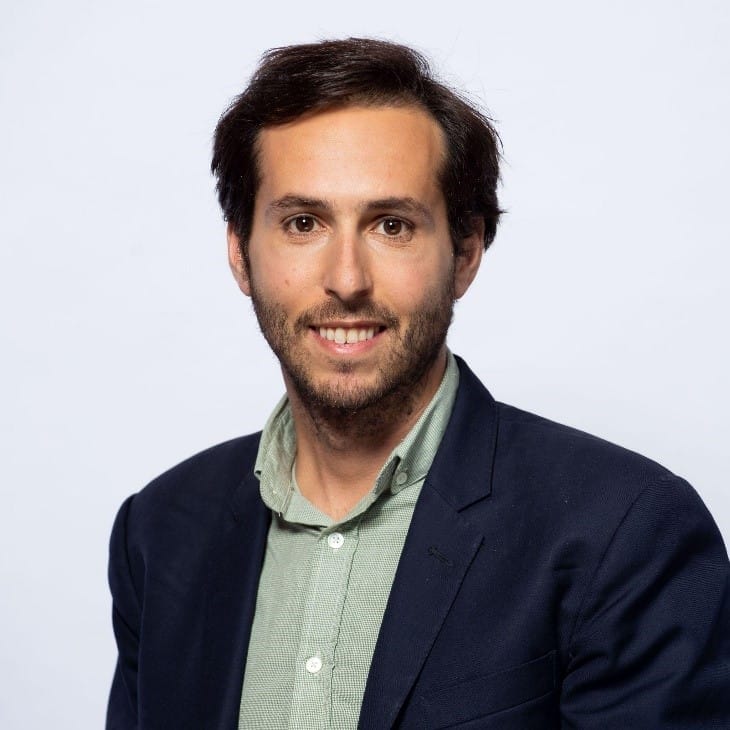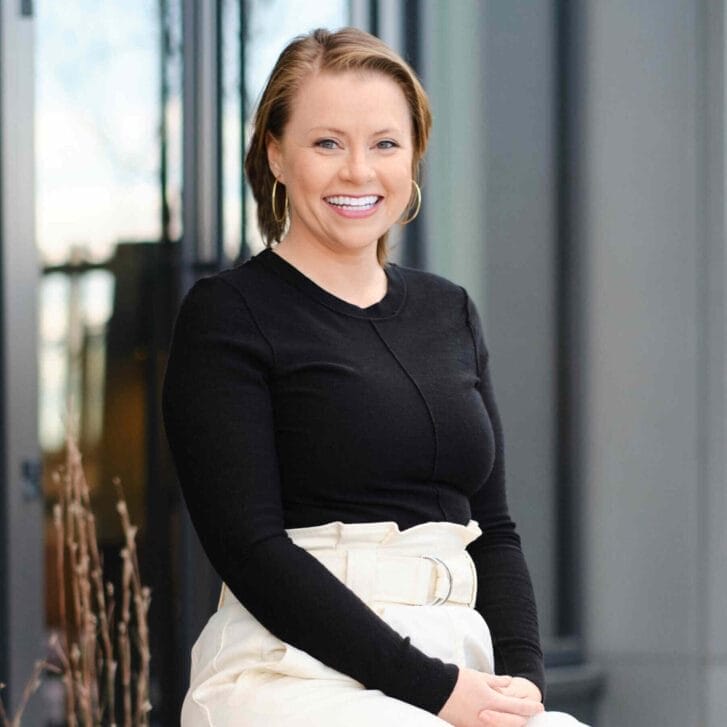From smart data collection to a centralized cloud-based property management system, Roman Pedan ENG10 W10 is revolutionizing the hotel operating system. In this alumnus-to-alumnus interview, Pedan reflects on his journey as an immigrant entrepreneur and Kasa’s growth since it was featured in the Spring/Summer 2022 Watchlist.
Kent Trabing: What is Kasa?
Roman Pedan: Kasa is a hotel and apartment brand management company for the modern traveler. We operate two main types of properties: boutique hotels and multi-family buildings, managing anywhere from several floors to the full building as furnished any-length-of-stay rentals. Kasa spans 85 properties across 40 cities and has hosted upwards of a million nights. For guests, we deliver a digital, self-directed experience. Our self-check-in includes access to a virtual front desk for a customizable stay. This experience is why Kasa properties are ranked number one on TripAdvisor in Chicago and Pittsburgh as well as number two in San Francisco, Denver, and Austin. For owners, we serve as a painkiller, making them more profitable by reducing the cost of operations and increasing their revenues.
KT: How do you cut costs of operating hotels?

Roman Pedan ENG10 W10, CEO and Founder of Kasa
RP: As former institutional real estate investors at places such as Apollo, KKR, where I worked, and Goldman Sachs, our team was familiar with the hotel P&L. We went through each line of the hotel P&L to eliminate the line item (e.g., the front desk), automate much of the line item (e.g., accounting), and/or to centralize it (e.g., revenue management). This is part of why our properties generate a 60-plus percent gross operating profit margin with very low fixed costs, while average hotel properties generate GOP margins in the mid-30s.
KT: How does Kasa grow?
RP: We deliver great hospitality to our guests and strong profitability to our owner partners. Kasa-powered properties have higher review scores than properties managed by other managers. This reputational improvement boosts property revenue. When we make an owner’s property more profitable, they become more likely to expand with us and recommend us to other owners. This strategy has worked; most of our supply growth has been through word-of-mouth and same-partner expansion.
KT: How does Kasa manage cash flow in this cyclical and seasonal industry?
RP: Kasa lowers overall costs for owners and significantly lowers the proportion of property costs that are fixed. Kasa-powered properties spend a lot less when they aren’t occupied, which allows owners to maintain margin at the property during parts of the year when occupancy is lower.
KT: Do you lease your buildings?
RP: No. Kasa is a management company. Our business model is to manage properties on behalf of owners and collect a percentage of the property revenues as compensation for our work. This follows in the footsteps of large, enduring public companies like Hilton or Marriott that manage or franchise properties.
Conversely, leasing properties has had a 150-plus-year history of ending poorly. Leasing properties can be lucrative, but it creates a risk due to the mismatch between the long-term nature of the lease liabilities and the short-term receipts into the business.
The management approach is also the right approach for our partners. It creates a more stable counterparty that is focused entirely on delivering great cash flow to them.
KT: You succeeded at fund-raising, as well.
RP: In total, we’ve raised $125 million. Most recently, in late 2023, we announced a $72 million Series C round, with strategically valuable investors from the technology, hospitality, and real estate/fintech sectors. We’ve fund-raised during large market dislocations. We raised our seed when the NASDAQ dropped by 30 percent in December 2018. We raised our Series B in July 2020, when it was unclear whether people would travel the same way ever again. And we raised our Series C during the recent sell-off in tech. This timing caused us to be sharper, more resilient, and prevented us from getting out over our skis on valuation. Throughout, we’ve ensured that our ongoing operations remain profitable while using capital raised to invest in innovation.
KT: How did Wharton help you?
RP: Wharton has been indispensable. I concentrated in real estate at Wharton and studied computer science at Penn Engineering. Wharton has helped in terms of strategy, capital, and people. I got connected to investors and employees through the network.
KT: What did you learn as an immigrant entrepreneur?
RP: I came to the U.S. very young, as a refugee from the Soviet Union, which controlled modern-day Ukraine. If my parents didn’t take the risk to come to the U.S. — a country where they didn’t know the language, didn’t have work or have friends — then I’d face a very different set of opportunities and probably be fighting in a war today. In many ways, their risk was the ultimate act of entrepreneurship.
Their immigration journey taught me three indispensable entrepreneurial qualities: grit, resilience, and resourcefulness. Overcoming adversity through resilience and grit is a cornerstone of doing just about anything that is worthwhile. And building an enduring company from scratch is a constant exercise in being under-resourced.
My parents worked hard and paved the way for me. I sit on their shoulders, feel a responsibility to honor their sacrifice, and hope to embody the many qualities that I learned from them.
Kent Trabing WG01 is the founder of the Wharton Club of New York Magazine and served as its editor from 2010 to 2022. He interviewed alumni in varying industries, from finance to startups to technology. His own career is in real estate, managing and selling corporate properties.


























